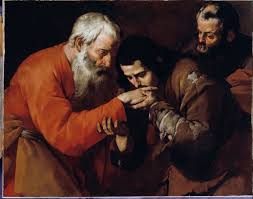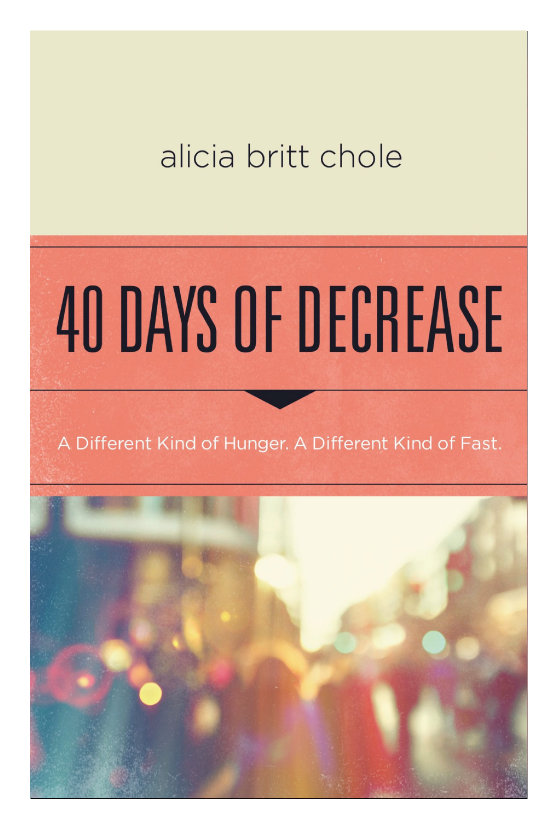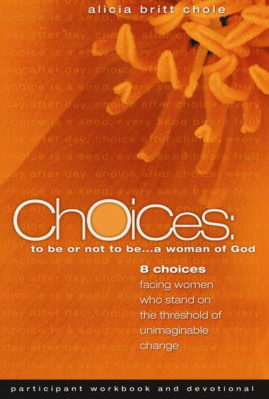
In Luke 15:2, the Pharisees register a complaint against Jesus: “This man welcomes sinners and eats with them.” Included in Jesus’ response to the leaders’ disapproval is the beloved parable of the lost son.
Consider the big brother’s perspective if the story were set in our day. Little brother takes off with his portion of the father’s estate.
It was premature.
It was rude.
But it was his share.
The elder brother is angered not by the return of his little brother, but by the father’s response to that return.
If the father were willing to accept the youngest back on his stated terms—“I am no longer worthy to be called your son; make me like one of your hired men”— the elder brother might have thought, “fair enough.”
But to receive the younger brother back as a son with all honors and privileges—that was too much. That was painfully unfair.
Reading the story, I began to think of what I will call “big brother bookkeeping”: spiritual and moral accounting that is precise and accurate and one-dimensional.
It records actions but not attitude, deeds but not heart.
Debits and credits are made and paid through works alone.
But Father God’s bookkeeping is not limited to one-dimension: it records action and attitude, deed and heart, works and motivation.
By the father’s books, both sons were in the red.
The eldest son displayed right actions, but they were motivated by duty not by honor and love: “Look! All these years I’ve been slaving for you and never disobeyed your orders.” (Luke 15.29)
The younger blatantly chose disrespectful actions and attitudes: “The younger son got together all he had, set off for a distant country and there squandered his wealth in wild living.” (Luke 15:13)
In the eyes of the eldest son who kept one-dimensional records, it was entirely unreasonable for the father to even remotely show favor to a son before he had at the very least “made good” on his debt through restitution. Receiving him coolly as a slave would have been just. But embracing and giving gifts and celebrating the return of one with an impossible debt seemed shockingly unjust and inconsistent.
Big brother bookkeeping struggles to make the acquaintance of grace.
Additionally, for the big brother, the injustice was not solely that the father celebrated the younger son’s return, but that the father had never celebrated the eldest son’s—whose works account balance was certainly higher—presence and “goodness.” (Luke 15:29-30)
The eldest’s anger no doubt appeared reasonable to the religious leaders, some of whom adhered to big brother bookkeeping. Perhaps what was bothering the Pharisees, whose question the parable addresses, was not only that Jesus was choosing to eat with sinners, but that Jesus was choosing to eat with sinners instead of with them. If Jesus really was from God, would not he be just and fair and reward the Pharisees for their “goodness” by spending his time with them instead of with all these sinners? Why was Jesus celebrating the presence of hopelessly indebted sinners more than the presence of the obviously “righteous” religious?

Whether the elder or the younger, the contentment that grows in a contrite heart can ward off big brother bookkeeping. Father’s estate is limitless. His infinite resources are un-depletable. Through the cross, our inheritance is assured. When we align ourselves with big brother bookkeeping we harden the very thing God calls us to guard: our hearts.
And when we rejoice with God over the return of little brothers, we celebrate the grace by which we all—elder and younger—stand.







I know I was the oldest son for a long time. In my household growing up I always felt the younger of my 3 brothers was the one who could get away with anything. I am the youngest in the family and the only girl. It took me a long time to realize in all reality, I was the one who actually stumble upon the truth. It was right there all along but in reverse for me. I thank God he opened my heart to be able to see!
Thank you for reading and commenting! Yes, it may be that there is a little bit of older brother in all of us :-).
Alicia, every time I read the story of the prodigal, I have this sneaking suspicion that I would have been the elder son, the Pharisee had I lived in the day. I’m so thankful that grace does rise to greet those who honestly and transparently admit their sinfulness. I certainly have been the recipient of ridiculous amounts of grace. Beautiful thoughts.
“ridiculous amounts of grace”–I too am a grateful recipient! Thank you, Leah.
For so long I’ve identified with the elder brother and been troubled by this parable without really knowing why. I mean, the elder brother (me) was trying so hard…for so long…to please; to be good. I totally “got” his anger but it wasn’t until I began to take baby steps towards Father in the midst of my anger and pride that my mask began to crack and fall away.
There’s an honesty in the younger brothers’ early callous behavior towards his father that I kind of admire. Not the sin, of course, but his ability to act on what is in his heart without fear of what other people will think. In a way, I think it made it easier for him to approach his Father to ask forgiveness. He wasn’t caught up in any allusions of his own righteousness.
My own righteousness…what shame have I needlessly carried in thinking that I had any to lose? What joy and relief I feel when I run to Him letting go of my hard heart in the running!
Thank you, Wendy, for your reflections. I too am drawn toward honesty–it feels safer for my soul even when it’s not prettier :-).
Alicia, I’ve been getting your Monday Devotionals for years now. Was introduced to you by a IMB missionary colleague of mine and immediately loved your words.
I share your devotionals with my daughters-in-love and they are blessed…
I realized, yesterday…that I have a missionary friend named Marsha BRITT Judy…and since Britt is a last name I’d never heard before meeting you I think that it is very unusual was wondering if you might have relatives in the SC area and if Marsha might be a distant cousin or something like that…
Anyway, just wanted to let you know that you bless our home weekly…
Thank you,
Dalese E. Stockwell
serving in Prague CZ Republic (come see me…really!!!)
Dalese, I’d be thrilled to discover a distant cousin! I’m not sure I have any in SC but it would be fun to check. I’m an only child and Grandpa Britt had only one child–my dad. But Grandpa’s relatives came from England as three brothers and one settled in the South. Thank you so much for your encouraging words. I hope that the blogging and the monthly letters are a continued blessing to you and your daughters-in-love!